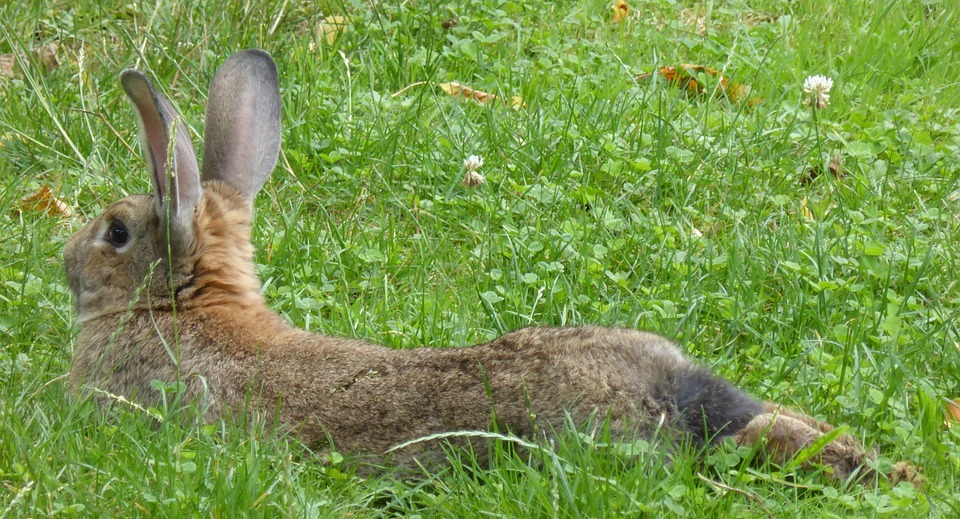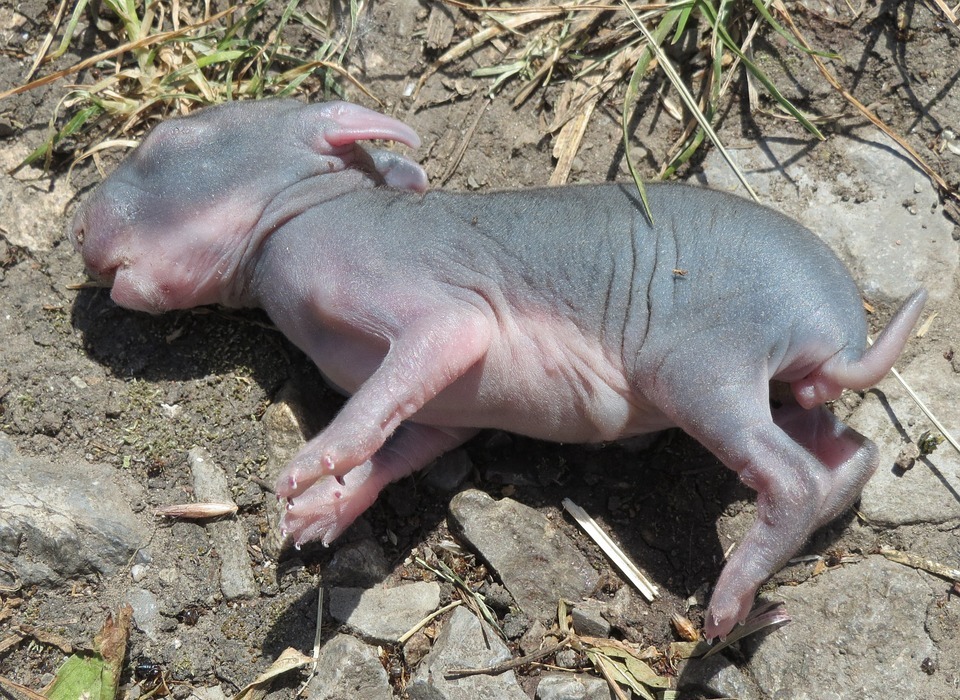This comprehensive guide will explore the world of fruits and their role in the diet of our beloved cottontail rabbits. We'll delve into the nutritional benefits of fruits, the safe and appropriate options to offer, and the potential risks associated with feeding unsuitable fruits. We will also discuss the importance of moderation, provide practical tips for introducing new fruits, and address frequently asked questions regarding rabbit nutrition.
Part 1: Unveiling the Importance of a Balanced Diet

1.1 Nutritional Needs of Cottontail Rabbits:
Cottontail rabbits are herbivores and thrive on a diet rich in fibre. Their digestive systems are specifically designed to break down plant matter efficiently, providing them with essential nutrients for optimal growth, energy, and overall health.
- Fibre: This is the cornerstone of a rabbit's diet, crucial for aiding digestion, preventing digestive issues, and promoting the growth of beneficial gut bacteria.
- Vitamins: Cottontail rabbits require a variety of vitamins for essential bodily functions, including immune system support, bone health, vision, and energy production.
- Minerals: These are essential for maintaining electrolyte balance, regulating various bodily processes, and strengthening bones.
1.2 The Role of Fruits: A Nutritional Boost
While fruits are not a staple food source for cottontail rabbits, they can provide a valuable source of vitamins, minerals, and antioxidants, adding a delicious and nutritious twist to their diet. However, it's essential to remember that fruits are naturally high in sugar, which can be detrimental to a rabbit's health if consumed in excess.
Part 2: Navigating the Safe Fruit Choices

2.1 Fruits High in Vitamin C: Boosting Immunity
Cottontail rabbits can benefit from the antioxidant properties of vitamin C, which helps bolster their immune system, protecting them from infections and diseases.
- Strawberries: These sweet berries are a popular choice for rabbits, packed with vitamin C and antioxidants, making them a healthy and delicious treat.
- Raspberries: These small, jewel-toned berries are another excellent source of vitamin C, fibre, and antioxidants.
- Blueberries: These tiny berries are low in sugar and rich in vitamin C, making them a nutritious and delectable option for rabbits.
2.2 Fruits Rich in Fibre: Promoting Digestive Health
High-fibre fruits can promote healthy digestion, contribute to overall gut health, and help prevent digestive issues like constipation and bloating.
- Apples: Choose small slices of apple, ensuring to remove the core and seeds, which contain harmful compounds.
- Pears: Offer a small slice of pear, removing the core and seeds for a safe and delicious treat.
- Bananas: While bananas are higher in sugar than other fruits, they are also rich in potassium and fibre. Offer in moderation to avoid excessive sugar intake.
2.3 Fruits with Other Health Benefits:
- Mangoes: Mangoes are a source of vitamin A and antioxidants, but due to their high sugar content, they should be offered in small pieces sparingly.
- Papaya: Rich in vitamins, minerals, and digestive enzymes, papaya can be a beneficial treat. However, offer only a small amount at a time due to its sugar content.
- Watermelon: Watermelon offers a refreshing treat with a high water content, but offer only a small piece due to its sugar content.
Part 3: Fruits to Avoid: Protecting Your Rabbit's Health
3.1 High-Sugar Fruits: The Dangers of Excess Sugar
These fruits are best avoided due to their high sugar content, which can lead to obesity, dental problems, and digestive issues.
- Grapes: These sweet treats can cause kidney failure in rabbits and should never be given.
- Raisins: Like grapes, raisins are toxic to rabbits and should be avoided entirely.
- Cherries: The pits and stems of cherries are toxic, and the flesh is high in sugar. Offer only in small quantities and remove the pit and stem.
3.2 Fruits with Toxic Properties: Protecting Your Rabbit from Harm
These fruits contain compounds that can be poisonous to rabbits and should be strictly avoided.
- Avocado: Contains persin, a toxin that can cause digestive upset, heart problems, and even death.
- Citrus fruits: The acidic nature of citrus fruits can irritate a rabbit's digestive system, leading to discomfort and potential health problems.
- Stone fruits: The pits and stems of stone fruits, such as peaches, plums, and nectarines, contain cyanide and should be avoided. The flesh itself can also be high in sugar.
Part 4: Introducing Fruits to Your Rabbit: A Safe Approach
4.1 Gradual Introduction: Preventing Digestive Upset
Introducing new foods, including fruits, should always be done gradually to avoid upsetting your rabbit's sensitive digestive system. Start with a small piece of fruit and observe your rabbit's reaction.
4.2 Monitoring for Reactions: Identifying Potential Issues
Pay close attention to your rabbit's behaviour and any signs of digestive distress after introducing a new fruit. Look for symptoms like diarrhoea, bloating, lethargy, or loss of appetite. If you notice any of these signs, discontinue the fruit and consult a veterinarian.
Part 5: Moderation is Key: Maintaining a Healthy Diet
5.1 Treats, Not Staples: Avoiding Overindulgence
Fruits should be considered occasional treats, not a staple part of your rabbit's diet. A small piece of fruit once or twice a week is generally sufficient for most rabbits.
5.2 Balancing with Hay: A Foundation for Health
Ensure that your rabbit always has access to fresh hay, which provides essential fibre, helps regulate digestion, and contributes to a balanced diet. Hay should make up the majority of their diet.
Part 6: Providing Variety: Enriching Your Rabbit's Diet
6.1 Exploring Different Fruit Options: Expanding Your Rabbit's Palate
Offer a variety of safe fruits to keep your rabbit engaged and provide them with a diverse range of nutrients.
6.2 Considering Individual Preferences: Tailoring to Your Rabbit's Taste
Not all rabbits have the same preferences. Experiment with different fruits to find the ones your rabbit enjoys the most. However, always prioritize safe and appropriate options.
Part 7: Frequently Asked Questions: Addressing Common Concerns
7.1 Can rabbits eat dried fruits?
Dried fruits are even more concentrated in sugar than fresh fruits and should be avoided entirely.
7.2 Can rabbits eat fruit peels?
Fruit peels are generally not recommended, as they can be tough to digest and may contain pesticides. It's best to stick to the flesh of the fruit.
7.3 Can baby rabbits eat fruits?
Baby rabbits under 3 months old should not be given fruits. Their digestive systems are still developing, and they are more susceptible to digestive upset.
7.4 Can rabbits eat fruit seeds?
Fruit seeds can be toxic to rabbits, so it's essential to remove them before offering any fruit.
7.5 Can rabbits eat fruit juice?
Fruit juice is high in sugar and provides little nutritional value. It's best to avoid giving your rabbit fruit juice.
7.6 How can I tell if my rabbit is eating too much fruit?
If your rabbit is exhibiting any signs of digestive upset, such as diarrhoea, bloating, or lethargy, or if they are gaining weight, it's likely they are eating too much fruit.
7.7 What if my rabbit eats a fruit that is toxic?
If you suspect your rabbit has eaten a toxic fruit, contact your veterinarian immediately. They may advise you to induce vomiting or seek immediate emergency care.
Everyone is watching
-

Do Rabbits Lay Eggs? (The Surprising Truth)
OTHER TYPES OF PETSThis article will unravel the common misconception that rabbits lay eggs, exploring the fascinating world of r...
-

What's a Group of Rabbits Called? (A Comprehensive Guide)
OTHER TYPES OF PETSThis article delves into the fascinating world of rabbits, exploring the various terms used to describe a grou...
-

Can Rabbits Eat Grapes? A Guide to Safe Rabbit Treats
OTHER TYPES OF PETSThis comprehensive guide will explore the safety and suitability of grapes for rabbits, providing detailed inf...
-

Predators That Hunt Rabbits: A Guide to Natural Enemies
OTHER TYPES OF PETSI've always been fascinated by the circle of life, that delicate dance between predator and prey. Growing up ...
-

Are Rabbits Nocturnal Animals?
OTHER TYPES OF PETSThe question of whether rabbits are nocturnal animals is a fascinating one, with a surprisingly complex answer...
